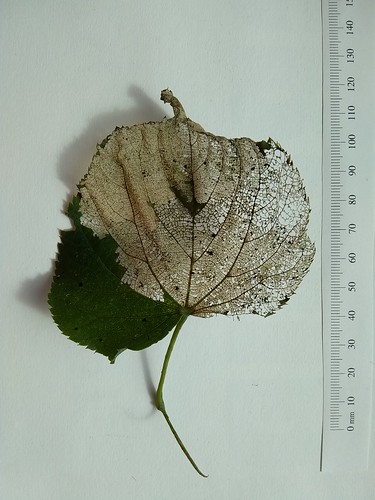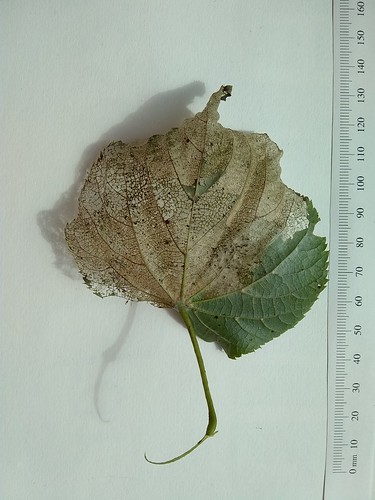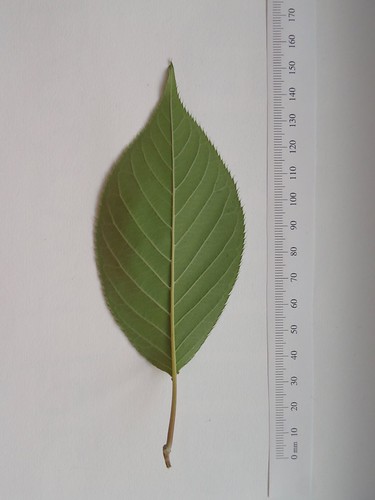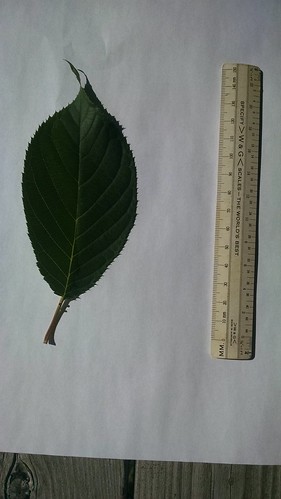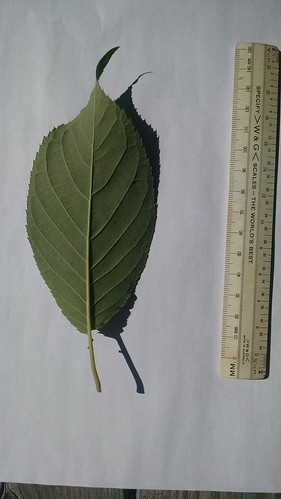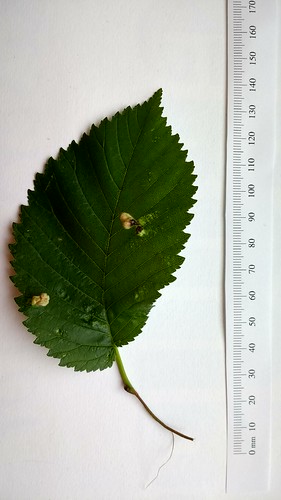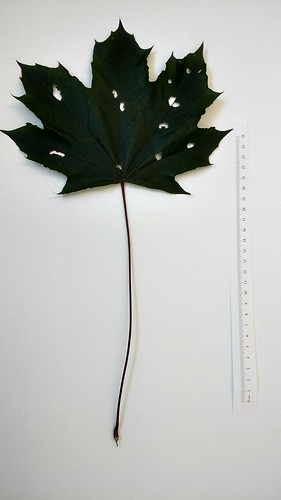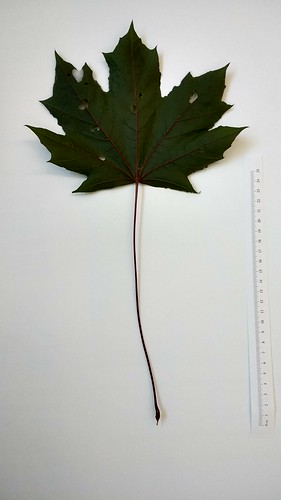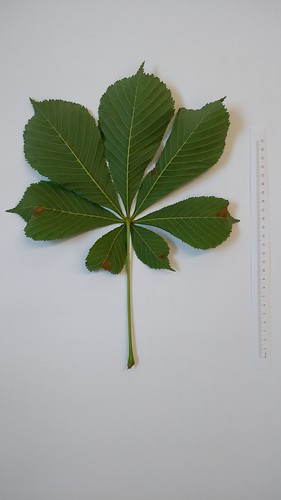Aiding and abetting
The summer after third grade, my family moved from a suburban neighborhood to a house in the woods. My father, fascinated by the writings of Thoreau and Aldo Leopold, wanted to live closer to nature. The woods were beautiful and fascinating for my father. But they were surrounded by rural farm fields. And rural families. For me, it was a huge cultural shock when I was bused out of the woods and into to a rural elementary school.
There were some kids who were accepting of me: who came up to me and made friends. But they were the exception. Many people (both kids and teachers) were immediately alienated by my educated diction and non-religious perspective. I lived under a constant threat of violence from that point forward until I went to college.
I was assaulted dozens of times. One kid knocked me off my bike because he had heard I was saying stuff about him. (I wasn't). One kid threw a rock and hit me in the head. I was pushed down, punched, and brutalized. Recess required constant vigilance to avoid bullies. And when I went to middle school—and there were locker rooms—it only got worse.
So when I read an account like Digging in the Trash it evokes an almost PTSD-like response from me. I've been there. I've known those people. He says:
I’m tired of standing by silently while privileged people in privileged places strip those less fortunate of their humanity. I’m tired of living in a place where men like my grandfather and Paco are shipped off to front lines to die for profit margins. I’m tired of an America where all the folks I’ve ever loved are dismissed as trash, where people are reduced to something subhuman simply because of where they live. I’m tired of having to explain it. I’m just goddamn tired.
One of my favorite writers, Larry Brown, was once called the "King of White Trash," and he had enough of a sense of humor to joke about it, to laugh and tell his daughter that if he was the king that effectively crowned her princess. Ultimately, I think the reason Larry was able to shake it off and laugh is because he’d grown used to it, just as we all have. We know we’re something that outsiders will never understand, that it’s noteworthy to see a landscape dotted with trailers and churches. We know we’re something perplexing to those who have never been here. We know that they’ll never be able to see that there is a tremendous beauty in day-to-day survival, that there is sufficient grace in refusing to buckle beneath the weight of this world.
A friend of mine sent me an article recently from The New Yorker titled, "Doomsday Prep for the Super-Rich." It was basically an essay about how some of the richest people in America have been preparing for some sort of societal breakdown. I guffawed at the thought when I read it, not at the idea of America collapsing, but at the idea they think they’ll be the ones to survive. I laughed at the boldness, at the arrogance.
I’ve never been a betting man and the truth is I don’t have much money to lay down, but what I’ll leave you with is this. While all the privileged have been coasting through life so often on the backs of my people, we’ve been surviving.
You may not be a betting man, but this attitude only helps the predators. To say that outsiders will never understand is to doom yourself to tribalism. And sell yourself down the river. There are outsiders who do understand: the predators. They understand that you've cut yourselves off and you're ripe for exploitation.
You say the privileged have been coasting through life. Some are, but most are not: they're working hard. It is capitalism that oppresses the poor. It oppresses almost everyone.
The only way we get out of this is to organize. We break through the tribalism and work together. But as long as poor people use markers like speech and religion (and race) as placeholders for ideas and actions, they'll be willing to line up behind predators like Donald Trump. How's that workin' out for ya?
- Read more about Aiding and abetting
- Steven D. Brewer's blog
- Log in to post comments

